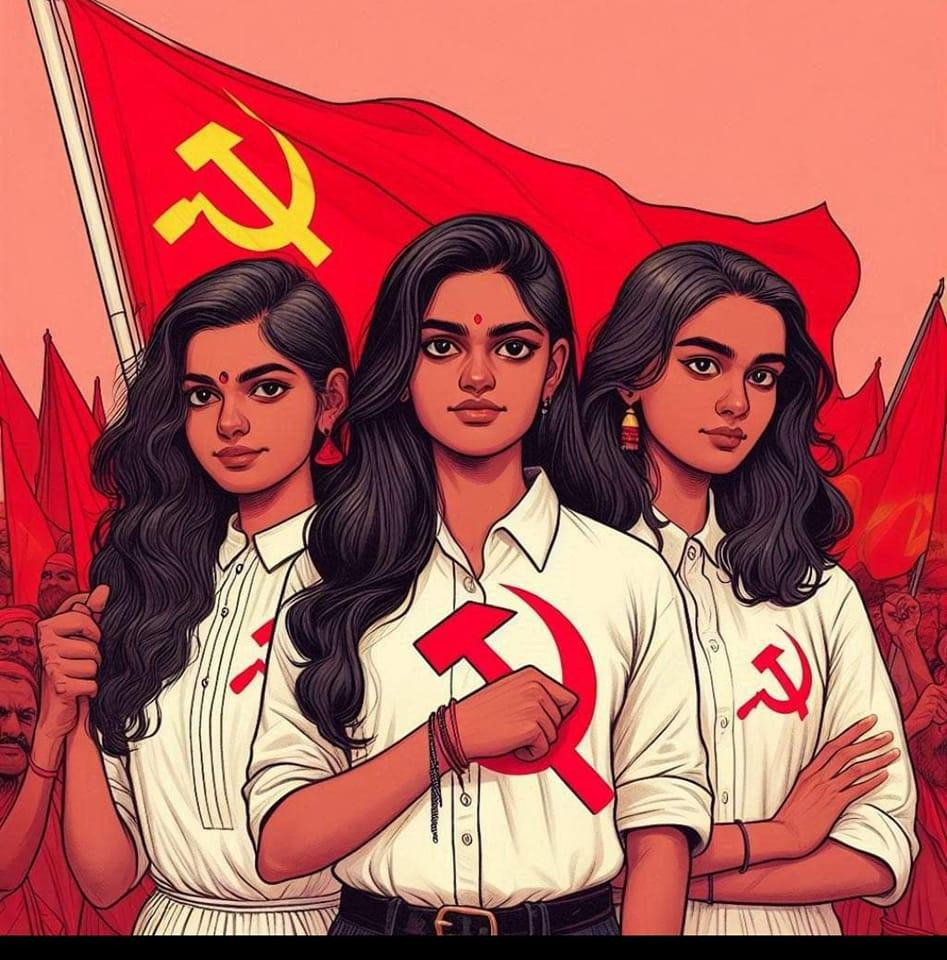Excerpts from article:
Between the end of the Korean War and the early 1990s, more than one million Korean women were caught up in a state-controlled prostitution industry that was blessed at the highest levels by the U.S. military. They worked in special zones surrounding U.S. bases—areas licensed by the South Korean government, reserved exclusively for American troops, and monitored and policed by the U.S. Army. These camp towns were known to the Koreans as kijichon.
The system was designed to strengthen the U.S.-South Korean alliance, which was formalized in a 1954 Mutual Defense Treaty; its less formal mission was to boost morale for the thousands of U.S. military personnel stationed on the peninsula after the Korean War. It was the same for South Korea, where prostitution was encouraged as a woman’s patriotic duty to the state. Dongducheon, with some 7,000 registered prostitutes at its height, was the largest of the kijichon, and the strip of camp towns stretching from the DMZ down to Seoul was known as “GI Heaven.”
The Monkey House was a virtual prison for sex workers. It was built during a series of camp-town “cleanup” campaigns first launched by the South Korean government and the Pentagon in the 1960s. Their object was to ensure the sexual hygiene of American troops; rates of venereal disease among the GIs in South Korea were then far above the norm for American military installations in Japan and Europe. […] Korean and U.S. security forces combed through the towns searching for women suspected of carrying STDs. Once in custody at the Monkey House, the women were inspected, shot up with penicillin supplied by the U.S. military, and confined inside its walls until they were “cured.” Then they were sent back to service their American customers.
In a sweeping decision in February 2018, Lee [a South Korean judge] ruled that the Korean state “operated and managed” the military camp towns to contribute to the “maintenance of a military alliance essential for national security” and abetted the industry “through patriotic education praising prostitutes as ‘patriots who bring in foreign currency.’” He directly referenced the Monkey House detention facilities, and concluded that the government had violated the human rights of its citizens. Specifically, he denounced the practice of segregating “camp town prostitutes in forced internment facilities or through the indiscriminate administration of penicillin, which carries serious physical side effects.”
The “overwhelming majority” of prostitutes in the camp towns were either orphans or abandoned children […] The sex workers in the camp towns typically experienced a combination of “poverty, low-class status, physical, sexual and emotional abuse even before entering the kijichon world.” Once inside, “they were no longer treated as a person but as merchandise,” Kim Tae-jung, a counselor at Durebang, the support group for sex workers, explained at the forum in New York.
Eventually, the camp-town industry bulked up into a nationwide franchise operation. Kijichon zones were established around 31 U.S. Army, Air Force, and Navy bases in South Korea. In Gyonggi province, which extends from south of Seoul up to the DMZ and was home to the majority of U.S. bases, some 10,000 sex workers were registered every year from 1953 to the late 1980s. They were part of a major industry: Moon estimates in her book that at the peak of U.S. troop strength in the 1980s, the kijichon economy contributed 5 percent of South Korea’s gross domestic product.
One former sex worker starkly laid out the conditions faced by many kijichon women in a documentary film produced by Durebang. “A pimp sold me to a U.S. camp town,” she recalled. “Inside a warehouse, I was raped. The police sent me to the Monkey House, where American medics gave us injections” of penicillin and other drugs to prevent the spread of STDs. After her release, she was required to wear a plastic badge showing she’d been tested—“c**t tags,” she called them. All sex workers and bar owners were required to hang these registration certificates on the walls of their establishments as well.
If the comfort women for Japan were kidnap victims, the U.S. camp-town women were victims of sustained economic coercion—much like indentured servants or tenant farmers. Once they were recruited to the camp towns, women found themselves trapped. They carried out their sex work in rooms they had to rent from the bar owners. They also had to buy all their supplies, including their bed, their clothes, and the phonographs they set up to entertain their American clients. “From the get-go, you have a pile of debt,” Choi said. “You try to pay your way out, but it’s a never-ending story.”
By and large, however, the Korean public has refrained from treating the kijichon women as victims of a heartless imperial power, in the manner of the comfort women. Instead, many Koreans see the camp-town prostitutes as “fallen women bringing shame to the nation,” said Park Jeong-mi, a professor at Chungbuk National University who was an expert witness in the 2014 lawsuit against the South Korean government. But Park argues that this sentiment is misleading and unfair, and in her research she has found a direct historical link between the Japanese and American systems that supplied Korean women to their troops.
During the years of direct U.S. occupation from 1945 to 1948, the U.S. military government created an administrative state that was dominated by Koreans who had collaborated with Japan’s colonial rulers. The leaders of this first occupying regime outlawed prostitution, but got around the prohibition by building brothels for U.S. troops. These outposts were dubbed “comfort stations” after the Japanese wartime model, according to documents Park recently unearthed from South Korea’s Ministry of Health. The shift from Japanese- to American-coerced sex work was an easy transition, she said: “High-ranking Korean officials who served under Japanese colonial rule were familiar with the comfort station system.”
How can people look at this and still hate on the DPRK?
After all the shit Amerika’s done to the Koreans, they still occupy half of Korea and enforce genocidal sanctions on the other half while telling people that the DPRK is the problem
Disgusting





